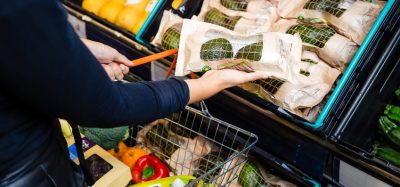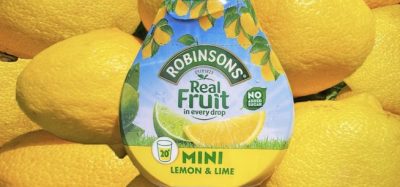EU food labelling row continues
- Like
- Digg
- Del
- Tumblr
- VKontakte
- Buffer
- Love This
- Odnoklassniki
- Meneame
- Blogger
- Amazon
- Yahoo Mail
- Gmail
- AOL
- Newsvine
- HackerNews
- Evernote
- MySpace
- Mail.ru
- Viadeo
- Line
- Comments
- Yummly
- SMS
- Viber
- Telegram
- Subscribe
- Skype
- Facebook Messenger
- Kakao
- LiveJournal
- Yammer
- Edgar
- Fintel
- Mix
- Instapaper
- Copy Link
Posted: 8 December 2010 | Eversheds | No comments yet
Renate Sommer MEP, has called an agreement by EU ministers stating that food producers must clearly label nutrients, including fats and sugars, and show the country of origin only for meat a “sloppy” deal…
Renate Sommer MEP, has called an agreement by EU ministers stating that food producers must clearly label nutrients, including fats and sugars, and show the country of origin only for meat a "sloppy" deal...
The European Parliament’s chief negotiator on food labelling, Renate Sommer MEP, has called an agreement by EU ministers stating that food producers must clearly label nutrients, including fats and sugars, and show the country of origin only for meat a “sloppy” deal. The MEP has predicted more tough talks to come. Owen Warnock, partner at international law firm Eversheds, comments:
“While it is true that the EU Council of Ministers has reached agreement on new food labelling laws, the controversy surrounding the topic is far from over. The European Parliament wants much more extensive disclosure on labels, giving comprehensive details of nutrients and stating the country of origin information for many products. However the Council opted for origin labelling only for meat.
“This proposed legislation, ‘The Food Information Regulation’ has taken three years to get this far but I believe we can expect to see at least another six months of wrangling, and possibly quite a bit more. It is crucial that all involved in the food industry keep very close tabs on these debates, since the outcome could not only have a major impact on the labelling and presentation of food and drinks, but could potentially lead to extensive reformulation of recipes as well.”







